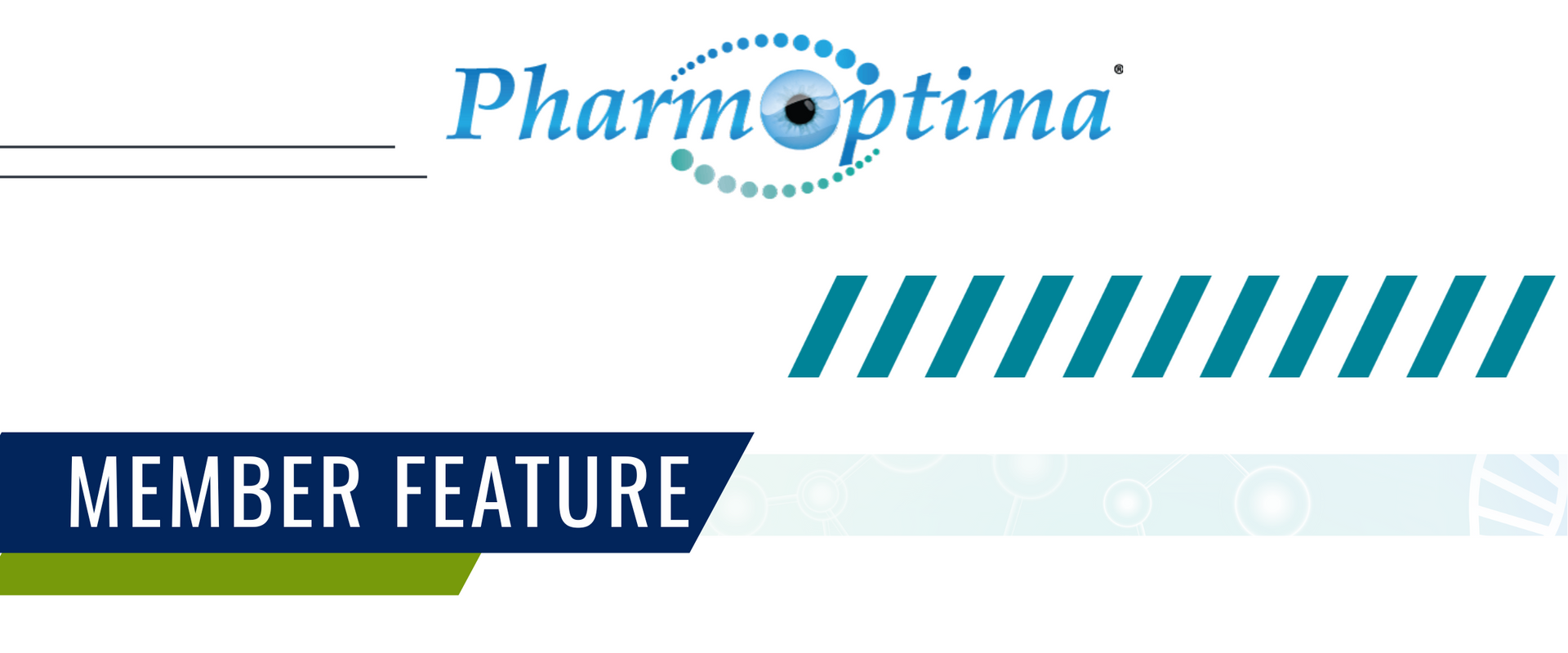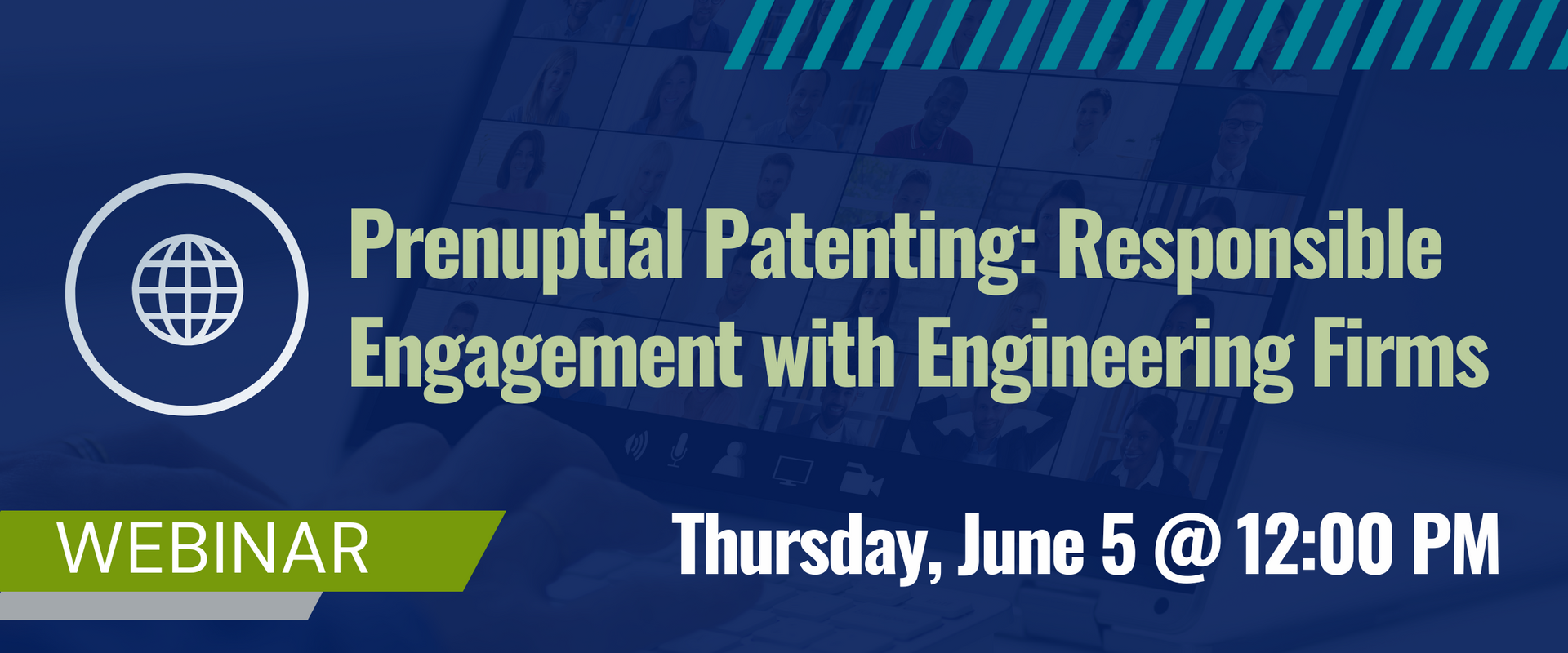It's a Wrap for JPMorgan Week 2025
Michigan Innovation Shines at 43rd J.P. Morgan Healthcare Week, Driving Connections and Opportunities

The 43rd annual J.P. Morgan Healthcare Week wrapped up after four days of conferences, company presentations, networking receptions and meetings across San Francisco’s Union Square and Financial Districts. Topping 20,000 steps daily to get from one venue to another was not difficult, especially given the unseasonably warm and sunny weather. This year’s event felt like a throwback with good energy amongst attendees, albeit with a seemingly smaller overall crowd, based on how less crowded hotel lobbies and coffee shops were.
Why does MichBio attend JPM every year? Easy, the week is the largest gathering of life sciences leaders, innovators, investors, dealmakers, and service providers worldwide. It’s an impactful way to inform everyone about the innovative technologies coming out of the great State of Michigan, from our world-class research universities, early-stage startups, and established companies.
The week started with a State Bio & Friends Reception that MichBio has helped co-host since its inception ten years ago. Over 500 registrants and plenty of walk-ins, in part due to new state participants, made for a very successful networking event that got the JPM juices flowing. It was great to see the Michigan attendees and others who attended from across the globe.
Attendees had the option of participating in any number of conferences and programs of varying lengths and focus – JPMorgan Healthcare, Biotech/Medtech/Healthtech Showcase, RESI JPM, Fierce JPM Week, and McDermott Forum, just to name a few.
Insights could be had from industry executives at major healthcare and life science corporations, venture capital and private equity firms, innovators from hospitals and health systems, pioneers in digital and health technologies, and other leading thinkers, strategists, and stakeholders. All this, coupled with meeting early-stage companies across a myriad of technology and product solution areas and connecting with prominent decision-makers and the dealmakers behind healthcare’s most important transactions and industry-changing partnerships.
MichBio used Biotech Showcase as the base of its operations, moderating company presentations and participating in partnering meetings on behalf of some of our early-stage ventures. It was nice to see Magsorbeo, Akadeum and MEKanistic Therapeutics give their company pitches during the event, while others, like John Freshley at Bioscience Navigators, took advantage of the partnering component.
Others seen around Union Square and/or during day or evening events included John Cunningham at Signal Bioscience, Don Zinn at Crossject USA, Dale Grogan and Paul D’Amato from Michigan Capital Network, the whole team from Arboretum Ventures, Diane Bouis at Medtech World, Gene Parunak from in2being LLC, John Seamans and Dave Repp from the University of Michigan. No doubt there were many others, both companies and individuals that I missed – so apologies.
JPM Week is vast and can be brutal, no question about it, especially on the feet. But it’s the serendipitous encounters that make the effort worth it…like my off-chance meeting with the CEO of Biogen on a Financial District street corner or having a substantive conversation with the CEO of Gilead regarding policy challenges facing biopharma companies. It doesn’t get any better than that. So, let’s see how the predictions from JPM Week 2025 will come as the year unfolds. We’ll congregate at JPM Week 2026 to make sense of it all.
Stephen Rapundalo, PhD
President & CEO
MichBio
RECENT ARTICLES




